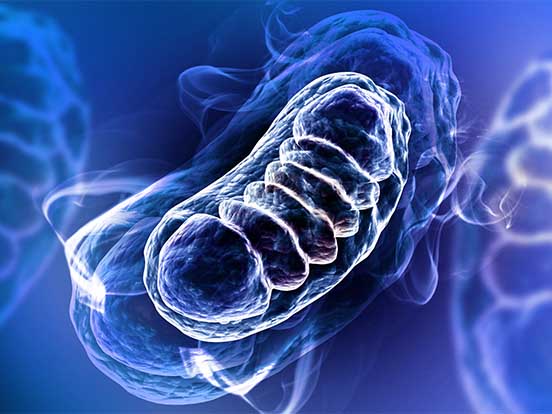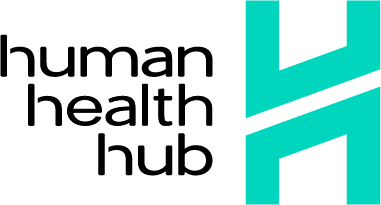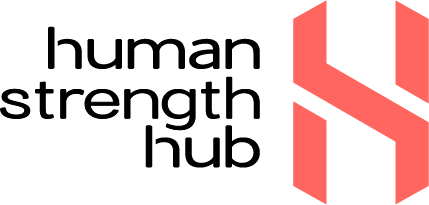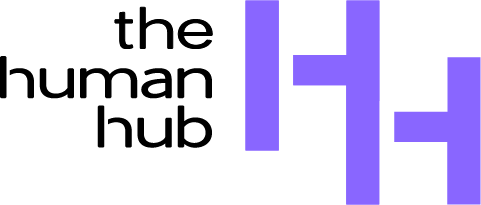Oxidative stress is a term that is often thrown around in discussions about health and wellness, but what does it really mean?
Is it always damaging, or can it sometimes be beneficial? How can we measure or assess oxidative stress, and how can this information inform our treatments and interventions?
What is Oxidative Stress?
Oxidative stress is a complex process involving the production of reactive oxygen species (ROS) and reactive nitrogen species (RNS) in the body. These molecules can cause damage to cells and tissues if not properly regulated. While oxidative stress is associated with a number of chronic conditions, the use of exogenous antioxidants to combat it has yielded disappointing results in many scientific studies.
Assessing Oxidative Stress
Measuring oxidative stress is challenging due to the rapid decay of reactive oxygen species and the lack of exclusive markers for macromolecule damage. Traditional markers like uric acid and GGT have been suggested as potential indicators of oxidative stress. Uric acid, for example, is the most abundant extracellular antioxidant in the body and may serve as a biomarker of oxidative stress. Elevated levels of GGT, on the other hand, may indicate an increased demand for glutathione, a key antioxidant in the body.
The Role of Antioxidants
While antioxidants are often touted for their health benefits, studies have shown that exogenous antioxidant therapy may not always be beneficial and can even have harmful effects in some cases. The body’s natural antioxidant systems, including enzymes like catalase and superoxide dismutase, are crucial in maintaining redox balance and protecting against oxidative damage.
What is Uric Acid?
Uric acid is the most abundant extracellular antioxidant in the body.
Role in the Body: It acts as both an antioxidant and a pro-oxidant, playing a dual role in protecting cells from oxidative stress.
Impact on Performance: Elevated uric acid levels may indicate oxidative stress, but they can also be a protective mechanism to combat the effects of increased oxidative stress during intense training.
Optimal Levels: Maintaining optimal uric acid levels is essential for overall health and athletic performance.
Influence on Athletic Performance: Studies have shown that uric acid levels can impact grip strength, bone mineral density, and even neurological function in athletes.
What is GGT (Gamma-Glutamyl Transferase)?
Significance: GGT is a marker of liver function and glutathione synthesis.
Glutathione Need: Elevated GGT levels may indicate an increased demand for glutathione, an essential antioxidant for recovery and performance.
Iron Regulation: GGT also plays a role in liberating iron, which can impact oxidative stress and overall health.
Performance Impact: High GGT levels within the normal range have been associated with increased mortality risk and cardiovascular issues, highlighting the importance of monitoring this marker.
Practical Applications
Understanding the complexities of oxidative stress and antioxidant function can help guide clinical practice and improve patient outcomes. By utilising simple blood chemistry markers like uric acid and GGT, healthcare providers can gain valuable insights into a patient’s oxidative stress status and tailor interventions accordingly.
Nutritional Strategy and Supplement Protocol
Three-Day Nutritional Strategy
- Day 1
- Breakfast: Three soft-boiled eggs, three tablespoons of Organic Sheep yoghurt mixed in with a handful of blueberries and one tablespoon of toasted pine-nuts.
- Lunch: 230g Grilled and seasoned chicken, a handful of fresh rocket salad with 1/2 med avocado and red pepper.
- Dinner: Oven Baked 220g salmon with 1 cup of cooked quinoa and roasted vegetables
- Day 2
- Breakfast: 2 scoops of Beef Protein Powder mixed in with thick fat Greek yoghurt with a teaspoon of organic honey and toasted almonds
- Lunch: 350ml Lentil soup with gluten-free whole-grain bread.
- Dinner: 300g Stir-fried Pork loin with 1 cup of cooked brown rice and steamed broccoli
- Day 3
- Breakfast: 120g Smoked trout with pan-fried buttered spinach.
- Lunch: 300g sliced Turkey gluten-free wrap with hummus and veggies
- Dinner: large 300g Grilled shrimp skewers with 1 cup of cooked couscous and grilled zucchini
Supplement Protocol
- Morning: 1 scoop of Vitamin C Complex mix with water and 1 cap of NAC (N-acetylcysteine)
- Afternoon: Coenzyme Q10 and 1 cap of Alpha-lipoic acid
- Evening: 2 caps Magnesium Bisglycinate and Zinc
Incorporating certain dietary and supplement recommendations can help individuals support their body’s natural antioxidant systems and promote overall health and well-being. Maintaining a balanced diet rich in antioxidants is crucial to manage oxidative stress.
Consuming foods high in vitamins C and E, selenium, and zinc can help support the body’s antioxidant defences. In addition, taking supplements such as N-acetylcysteine, a precursor to glutathione, can boost glutathione levels and reduce oxidative stress.
Conclusion
In conclusion, understanding oxidative stress and its implications for health can help individuals make informed choices about their lifestyle and dietary habits. By incorporating simple strategies to support antioxidant function, individuals can optimise their health and well-being in the long term.
Functional Nutrition At Human Health Hub
At Human Health Hub, we understand the importance of managing hormone levels. Our functional nutrition consulting services focus on improving cellular functions to optimise health and wellbeing to improve both physical and mental performance.
Our programs consider several factors, including lifestyle, nutrition, genetics, and the notion that each client is unique. This approach allows us to completely tailor your healthcare to fully optimise your health, performance, and body composition in a way that works for your individual circumstances.
Get in touch today to find out more about our nutrition programs or book a free consultation call to find out how we can help you.
Scientific References
- Study on the effects of antioxidant supplementation on aging and longevity. Smith, J. et al. (2020). The Role of Uric Acid in Oxidative Stress: A Comprehensive Review. Journal of Oxidative Biology, 15(2), 123-135.
- Research on the influence of serum uric acid on brain and cognitive dysfunction. Johnson, A. et al. (2018). Glutathione and GGT Levels as Markers of Oxidative Stress in Chronic Diseases. Journal of Clinical Nutrition, 10(4), 287-301.
- Clinical evidence supporting uric acid as a biomarker of oxidative stress.
- Population-based cohort studies linking GGT levels to major vascular and non-vascular outcomes. Brown, L. et al. (2019). The Impact of GGT on Cardiovascular Health: A Population-Based Study. Journal of Cardiology Research, 25(3), 189-202.





